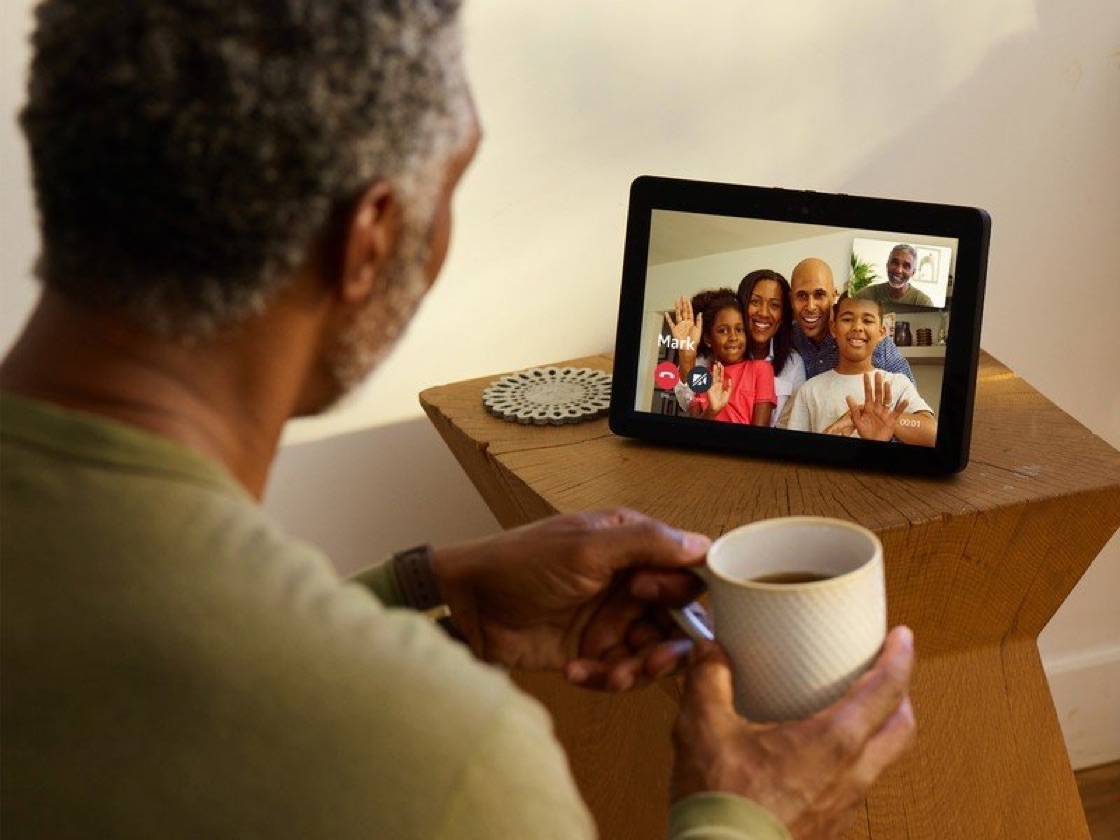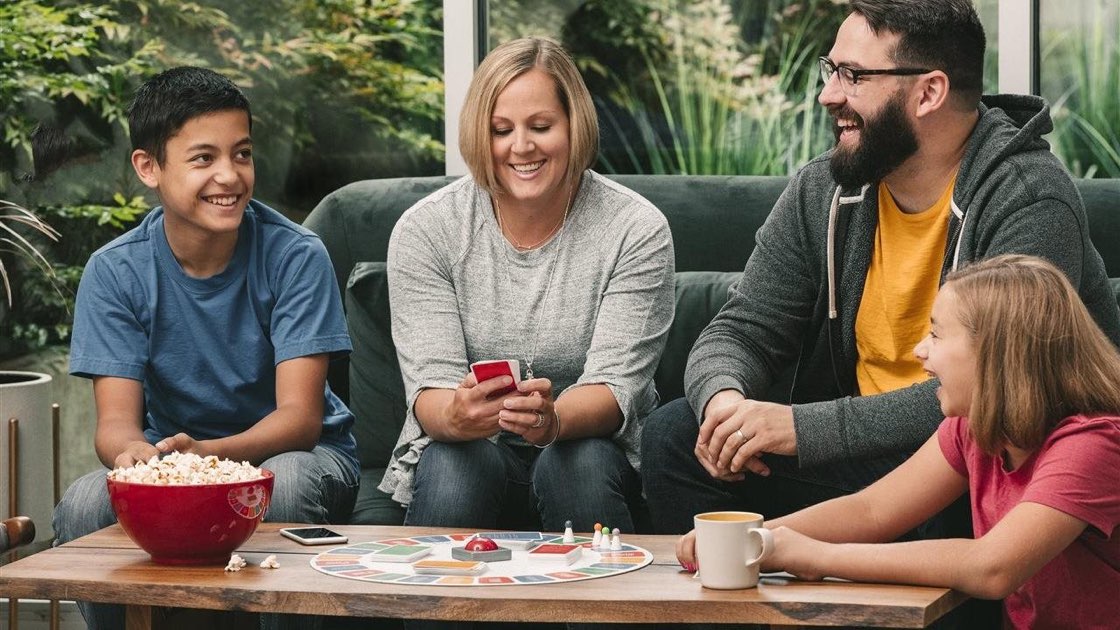With the 2019-2020 application season winding down, here are seven surprising and thought-provoking college application essay or short answer prompts (in random order):
- “What is the most compelling thing you have ever read, and how has it changed you or inspired you to take action now, in the past, or in the future? This could be an entire book, a passage or chapter, a poem, an article, graffiti- anything written.” George Mason University Honors prompt
- “Seattle has a rich musical history and SU students love discovering new Seattle music. Tell us: what five songs would be the soundtrack to your perfect college experience? (two to three sentences for each song is appropriate)” Seattle University prompt
- “At USC Viterbi, we endeavor to engineer a better world for all humanity. This vision goes hand-in-hand with the objectives of the National Academy of Engineering (NAE) and their 14 Grand Challenges. Engineers and Computer Scientists are challenged to solve these problems in order to improve life on the planet. Learn more about the NAE Grand Challenges at http://engineeringchallenges.org and tell us which challenge is most important to you, and why.” University of Southern California prompt
- “There are approximately 171,476 words in the English dictionary. Pick your favorite word and tell us why you picked it.” Brandeis University prompt
- “What historical moment or event do you wish you could have witnessed?” Stanford University prompt
- “Who does Sally sell her seashells to? How much wood can a woodchuck really chuck if a woodchuck could chuck wood? Pick a favorite tongue twister (either originally in English or translated from another language) and consider a resolution to its conundrum using the method of your choice. Math, philosophy, linguistics... it's all up to you (or your woodchuck).—Inspired by Blessing Nnate, Class of 2024” University of Chicago prompt
- “Yale’s residential colleges regularly host conversations with guests representing a wide range of experiences and accomplishments. What person, past or present, would you invite to speak? What question would you ask?” Yale University prompt
Which of these prompts do you think is the
most challenging? The most creative?
What prompt did you encounter that you
consider thought-provoking?









